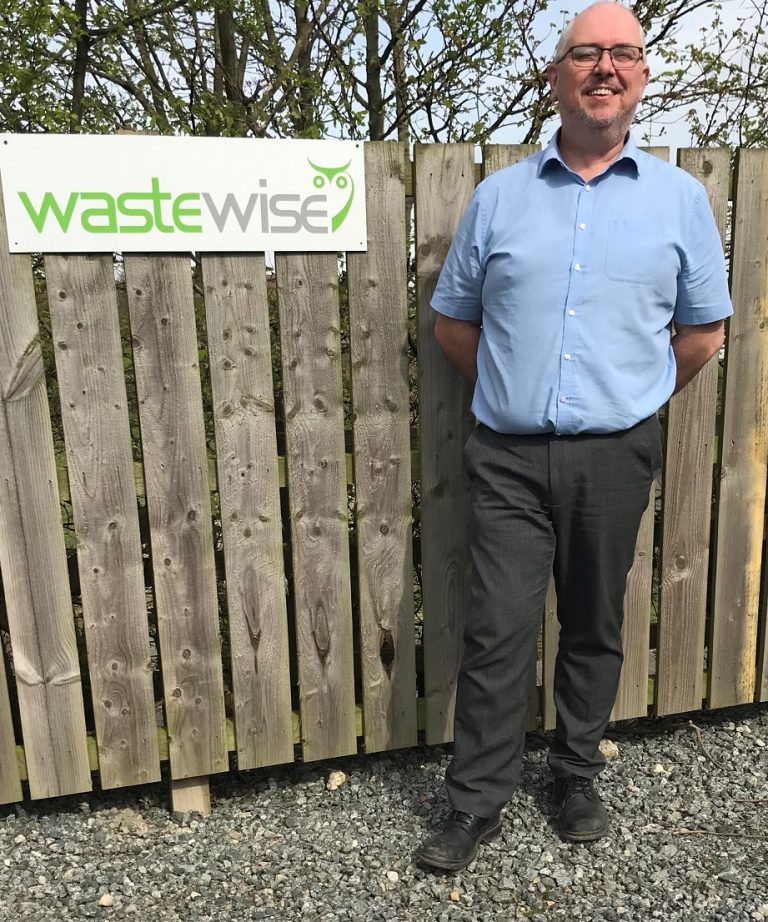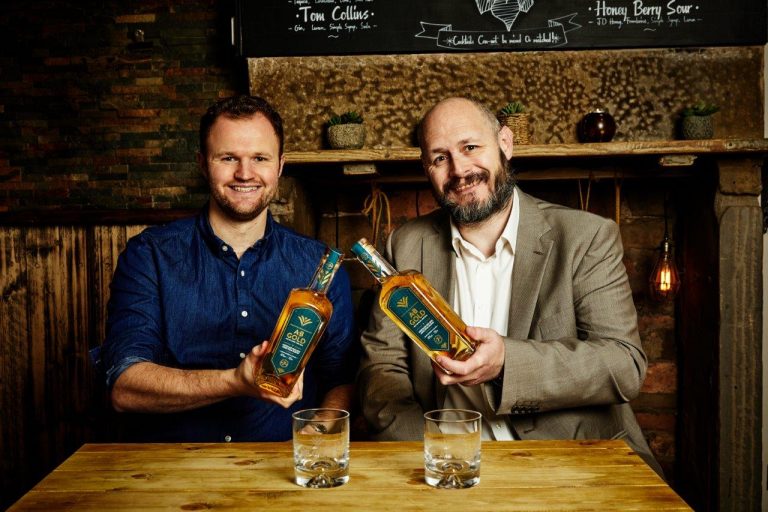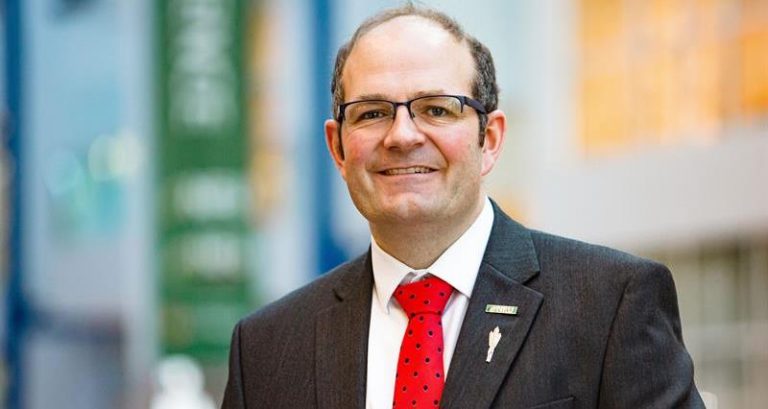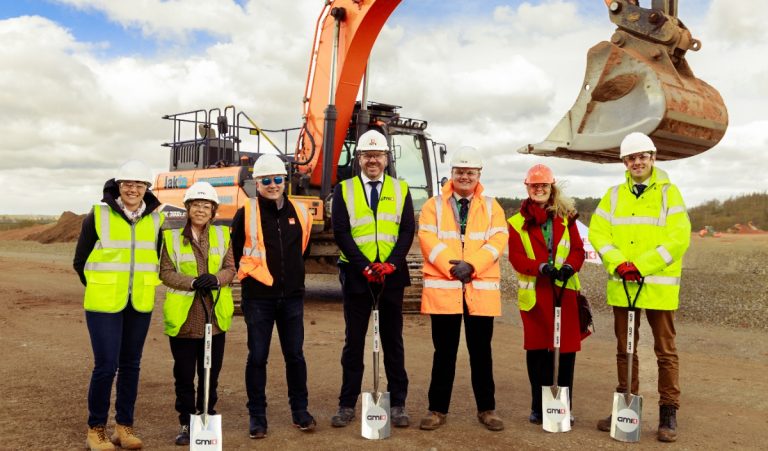“The rising cost-of-living and the ongoing war in Ukraine has shaken consumer confidence, with expectations of people’s personal finances over the next 12 months reaching depths not seen since the 2008 financial crisis. Furthermore, households are yet to feel the full impact of the recent rise in energy prices and national insurance changes. There is also potential for further supply chain disruption, with China putting key manufacturing and port cities into lockdown. Ultimately, consumers face an enormous challenge this year, and this is likely to be reflected in retail spend in the future.”
Don Williams, Retail Partner, KPMG adds:“Growth on the high street continued last month with total sales up 3.1% compared to March 2021, driven by a strong performance across most non-food categories. However, the drag came from food sales which were down 6.1%, potentially due to the timing of Easter in 2021 and compounded by the impact of the lockdown in March last year.
“Online sales fell across all categories compared to March 2021, but penetration rates remain high confirming the “locked in step up” in online purchasing. This continues to force retailers to focus on finding the most effective mix between physical and online retailing.
“Sales growth in March rose at the slowest rate so far this year, suggesting clouds on the horizon as household budgets come under pressure from rising costs, an increasing tax burden and competition from holidays. There is concern on what this could mean for consumer confidence and the impact on discretionary spend. Additionally, retailers are facing their own battle with rising costs and inflation, and are walking a tightrope between absorbing rising costs themselves or passing these on to consumers, when competition for share of a shrinking wallet is increasingly fierce. The best retailers will continue to balance attention on areas that can yield cost and efficiency gains with a clear understanding of their customer and what they want to buy and how. The primary concern now is whether consumers will choose to reduce their physical and virtual shopping to counteract rising household bills and reduced household income.”
Food & Drink sector performance | Susan Barratt, CEO | IGD
“Food and drink sales struggled in March, partly due to facing strong comparatives to 2021. Not only were sales elevated last year due to lockdown, but Easter was also earlier and we’re yet to see holiday spending ramp up this year.
“It is no surprise that shopper confidence continues to fall and is now lower than the previous low of December 2013 when the horsemeat scandal impacted the food industry. There was a brief peak in confidence when it looked like oil prices might come down, but with 50% of shoppers now expecting food prices to become much more expensive, this optimism was short-lived. These challenges affect shoppers in different ways, with household cutbacks seeing less affluent shoppers skipping meals to save money. This volatile time is set to continue as the reality of the energy price increase, as well as general inflation, hits home for shoppers.”












